A future where no child goes to bed hungry, health, where girls and boys have the same chances to learn and thrive, and where everyone has the opportunity to reach their full potential. This is the powerful vision behind the 11th Session focused on Putting Children First Advancing Zero Hunger, Health, and Gender Equality in Africa’s Future. It’s a call to action, a reminder that the well-being of our children is not just a matter of kindness, but the very foundation upon which a strong and prosperous Africa will be built.
Children are our future leaders, innovators, and caregivers. Investing in them is not just the right thing to do; it’s the smart thing to do. When children are healthy, they can learn better in school. When they have enough food, their bodies and minds develop properly. And when girls are treated equally and given the same opportunities as boys, the entire society benefits.
But the reality for many children in Africa today is far from this ideal. Hunger still casts a long shadow, preventing millions from living healthy and productive lives. Diseases, many of which are preventable, continue to claim young lives and hinder development. And sadly, girls often face unfair barriers that limit their education, their health, and their dreams.
This 11th Session shines a bright light on these challenges and, more importantly, explores ways to overcome them. It brings together leaders, experts, community workers, and young people themselves to talk about what needs to be done. The focus is clear: we must put children first in our plans for the future of Africa.
Zero Hunger: Making Sure Every Child Has Enough to Eat
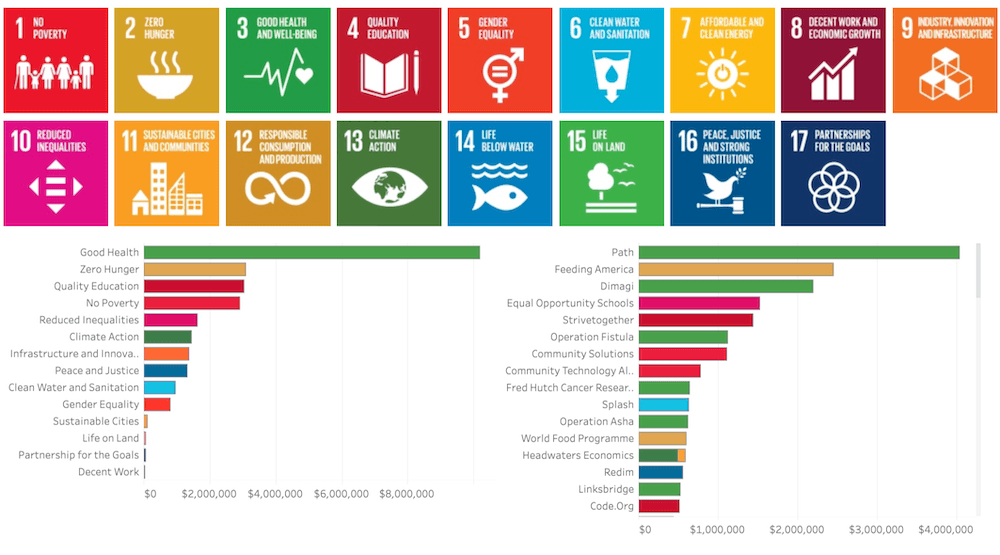
Achieving zero hunger means making sure that every child has access to enough safe and nutritious food. This involves many things:
Helping farmers grow more food:
We need to support farmers with better tools, knowledge, and ways to deal with changing weather. When families can grow enough food for themselves and even sell some, it improves their lives and strengthens communities.
Making sure food is available and affordable:
Even when food is grown, it needs to reach families. We need good roads and markets so that food can get to where it’s needed, and at prices that people can afford.
Helping families when times are tough:
Sometimes, things like droughts or floods can make it hard for families to get food. We need systems in place to help these families during emergencies.
Stopping food waste:
A lot of food is wasted between the farm and the table. Finding ways to reduce this waste means more food is available for everyone.
Health: Giving Every Child the Chance to Be Well
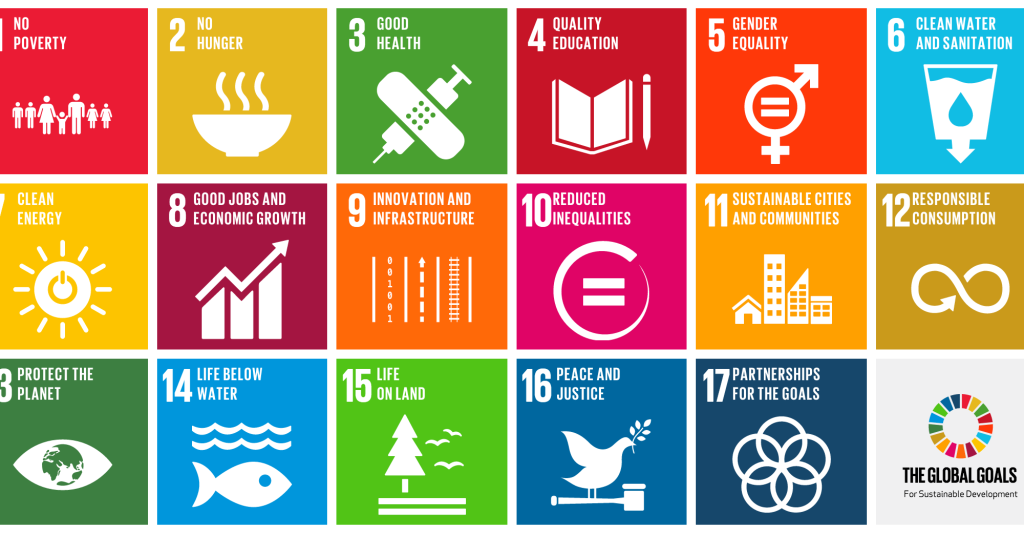
Every child deserves to be healthy. Good health allows children to learn, play, and reach their full potential. But too many children in Africa face health challenges that could be prevented or treated.
Advancing health for children means:
Making sure mothers and babies get good care: A healthy start in life is crucial. This includes access to good healthcare during pregnancy, safe childbirth, and support for new mothers and babies.
Providing vaccinations: Vaccines are a powerful tool to protect children from deadly diseases. Making sure all children have access to routine vaccinations is essential.
Fighting diseases like malaria, HIV/AIDS, and tuberculosis: These diseases still affect many children in Africa. We need strong efforts to prevent them, treat them, and support those who are affected.
Improving access to clean water and sanitation: Dirty water and lack of proper toilets can lead to many illnesses. Ensuring everyone has access to clean water and good sanitation is vital for children’s health.
Providing basic healthcare services: Every child should have access to doctors, nurses, and health clinics when they need them. This includes regular check-ups and treatment for illnesses.
Educating families about healthy practices: Teaching families about hygiene, nutrition, and when to seek medical help can make a big difference in children’s health.
When children are healthy, they are more likely to attend school, learn effectively, and grow into strong and capable adults. Investing in their health is investing in the future of the continent.
Gender Equality: Giving Every Girl the Same Chances as Boys
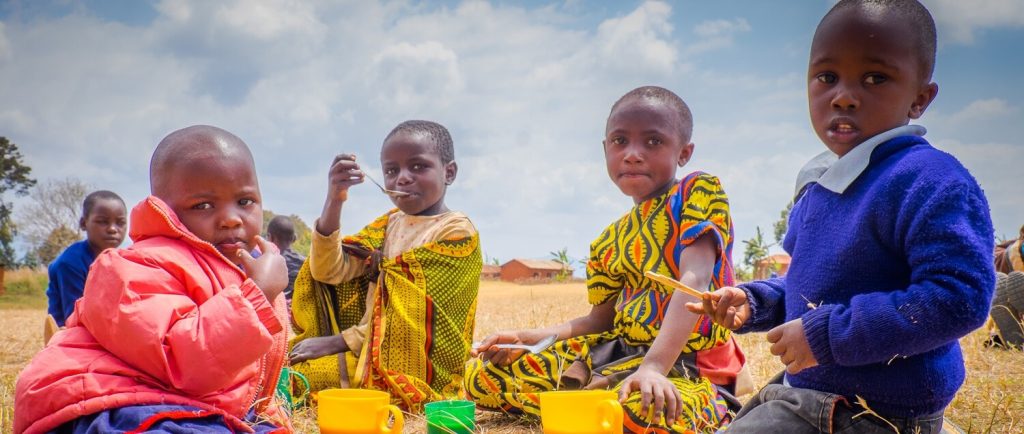
They may be denied the chance to go to school, forced into early marriage, or face violence and discrimination. This is not only unfair to girls, but it also holds back the progress of the entire society.
Advancing gender equality for children means:
Ensuring girls have equal access to education: Education is a powerful tool that can transform girls’ lives. When girls go to school, they are more likely to be healthier, have fewer children, earn more money, and participate in their communities.
Ending child marriage: Child marriage robs girls of their childhood, their education, and their health. It is a harmful practice that must be stopped.
Preventing and responding to violence against girls: Girls are too often victims of violence and abuse. We need strong laws and support systems to protect them.
Empowering girls and young women: Giving girls and young women the skills, knowledge, and confidence to make their own choices is essential. This includes providing them with opportunities for leadership and participation in decision-making.
Challenging harmful social norms and stereotypes: We need to change the attitudes and beliefs that limit girls’ potential. This involves working with families, communities, and religious leaders to promote gender equality.
Ensuring girls have equal access to healthcare: This includes access to information and services related to their sexual and reproductive health.
Putting It All Together: A Shared Responsibility
Achieving zero hunger, health, and gender equality for all children in Africa is a big task, but it is not impossible. It requires a united effort from governments, international organizations, communities, families, and individuals.
Governments have a crucial role to play in creating policies and investing resources in programs that support children. International organizations can provide technical expertise and financial assistance. Communities can work together to change harmful social norms and support families. Families are the first teachers and caregivers, and their role is vital. And each individual can make a difference by speaking out against injustice and supporting efforts to help children.
The 11th Session is a reminder that we cannot afford to wait. The future of Africa depends on the well-being of its children today. By putting children first, by working together to end hunger, improve health, and advance gender equality, we can build a brighter, more prosperous, and more equitable future for all. Let’s make that vision a reality. Let’s put our children first.

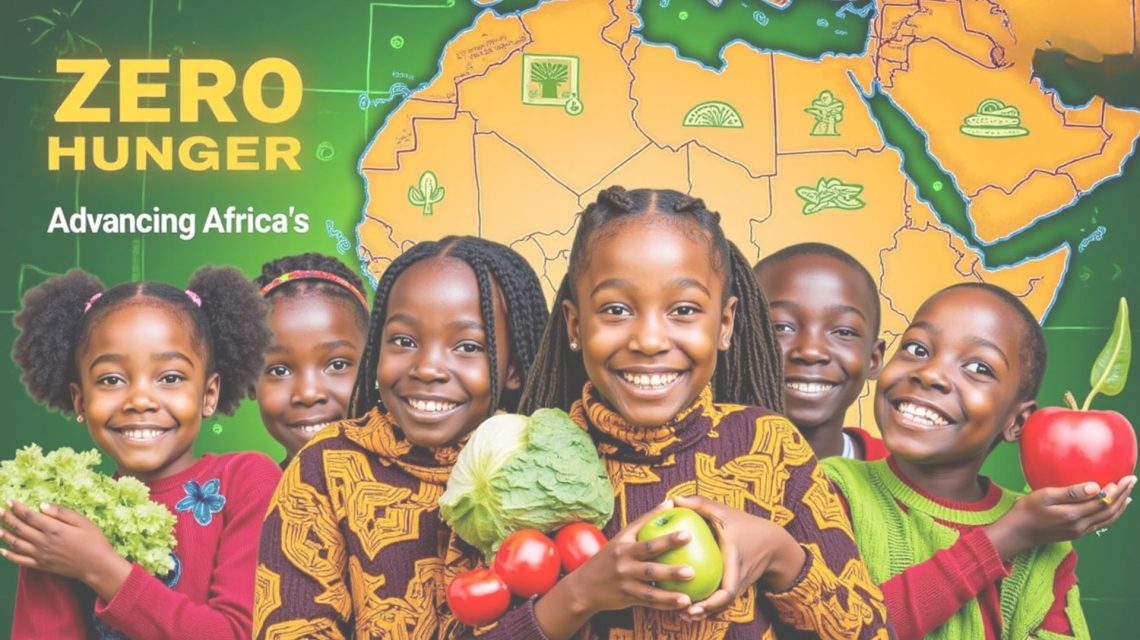

 5 Powerful Reasons Gender Equality Is the Key to Climate Justice – And What Happens If We Ignore It.
5 Powerful Reasons Gender Equality Is the Key to Climate Justice – And What Happens If We Ignore It. 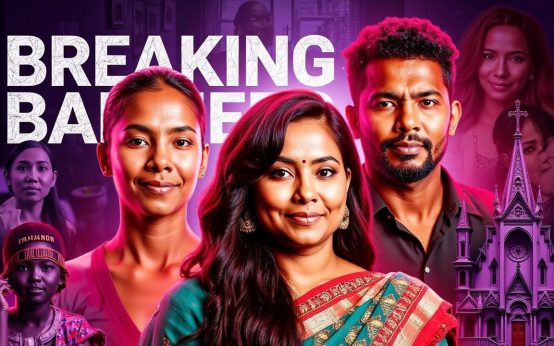 Mangalore Diocese’s 3 Key Initiatives: Championing Gender Equality & Breaking Barriers in Local Communities
Mangalore Diocese’s 3 Key Initiatives: Championing Gender Equality & Breaking Barriers in Local Communities 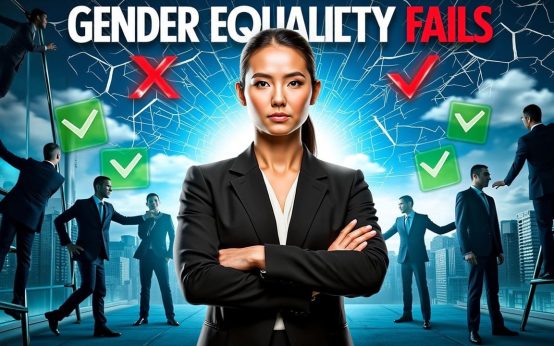 Why Gender Equality Efforts Fail: 5 Hidden Challenges & 3 Empowering Solutions to Drive Real Change.
Why Gender Equality Efforts Fail: 5 Hidden Challenges & 3 Empowering Solutions to Drive Real Change. 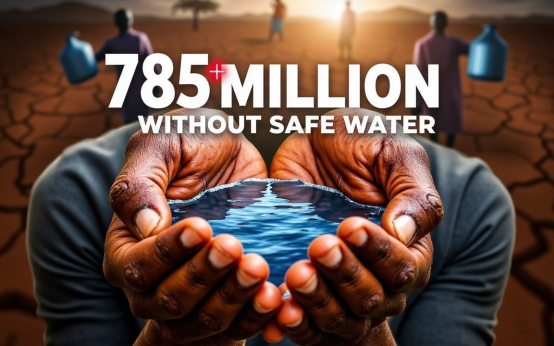 785 Million Without Safe Water: A Crisis Threatening Health, Dignity, and Hope
785 Million Without Safe Water: A Crisis Threatening Health, Dignity, and Hope 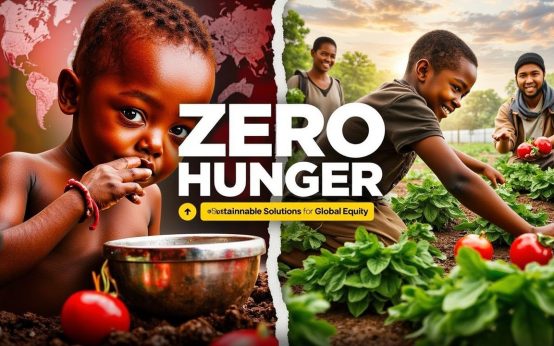 Zero Hunger, Sustainable Living: Confronting Scarcity, Cultivating Global Equity
Zero Hunger, Sustainable Living: Confronting Scarcity, Cultivating Global Equity 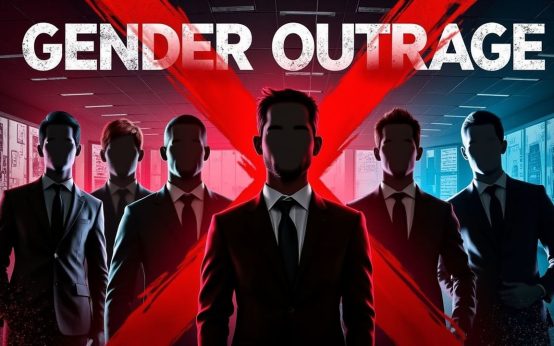 Merz’s All-Male Team Sparks Outrage Over Gender Equality.
Merz’s All-Male Team Sparks Outrage Over Gender Equality.
good!
wonderful!
super!
good!